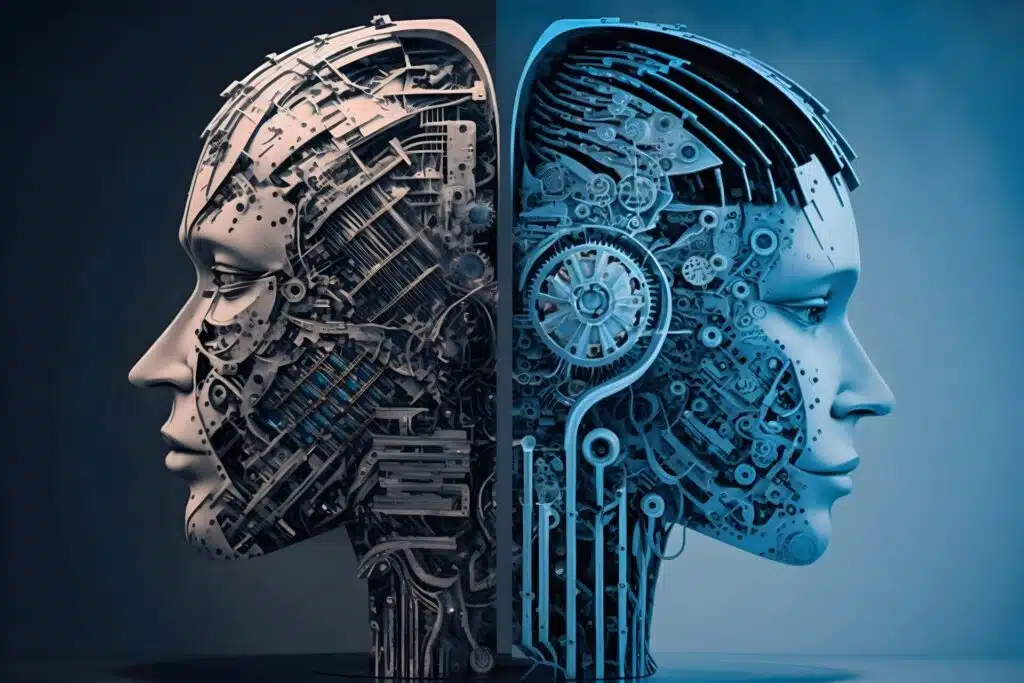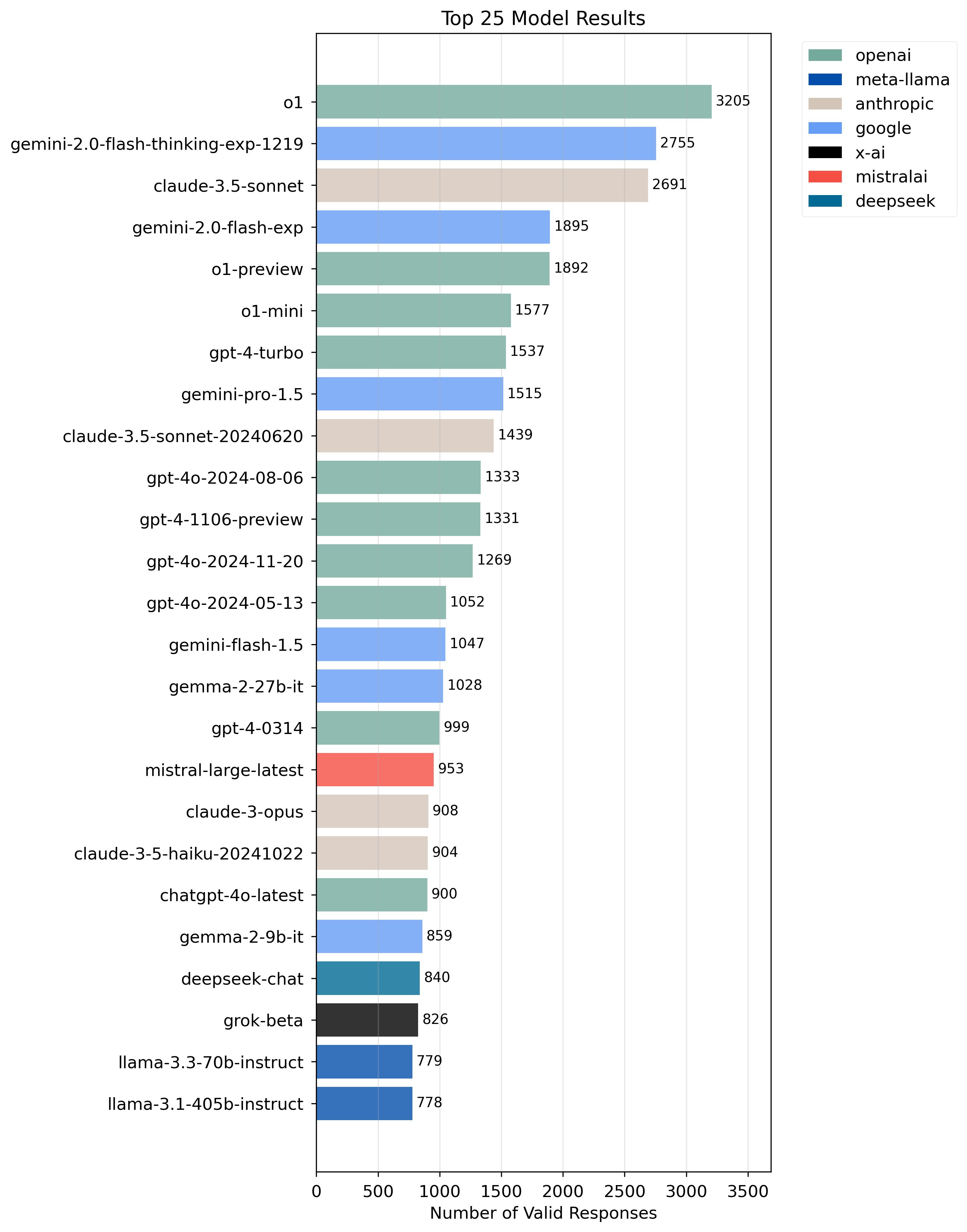AI Agents are going to play an increasingly crucial function in how cities operate and how homeowners ... [+] interact with their city government.
Despite noteworthy enhancements in digitalization over the previous decade, in most cities it's still cumbersome for iuridictum.pecina.cz constituents, companies, and visitors to take part in even one of the most standard government services online. Sure, in clever cities like Singapore, Baku, and Dubai, the majority of local services are streamlined and digital, but they remain the aspiration.
In reality, a community member in a common US city often has to complete paper forms or complete online PDFs, and where services are digital, visualchemy.gallery they are irregular and still need far a lot of intricate actions. The digital change of city government is a multi-trillion-dollar opportunity still waiting to be fully understood. Might synthetic intelligence (AI), and specifically AI agents, finally supply the upper hand cities need?

Cities Embrace Expert System (AI)
It will not come as a surprise that AI is beginning to find a welcome home in municipal government throughout the world simply as it has in every other market. According to the Hoover Institution, currently 1 in 4 government workers regularly utilize generative AI for their work. That usage level will grow quickly over the next couple of months following similar patterns in the private sector.
AI is finding its way into every aspect of city operations including public safety, planning, transportation, and resident services. The most popular usages include task automation, assistance for utahsyardsale.com decision-making, and engagement with the neighborhood.
City leaders are acknowledging the wider opportunity with AI and are mainly embracing it. That stated, they currently face significant difficulties from their own administrations, regulations, and lack of technical competence, to risks such as personal privacy and hallucinations that do not have a resolution yet. Most limitations, however, forum.altaycoins.com are momentary and soon city leaders and companies will discover higher ease and more need for implementing AI-powered solutions.
WWE Royal Rumble 2025 Results: Charlotte Flair Wins And Everything That Happened
WWE Royal Rumble 2025 Results: Jey Uso Shocks The World, Seth Rollins Destroys Roman Reigns
.png)
WWE Royal Rumble 2025 Recap: Winners, Eliminations And Reaction
AI Agents Arrive On The Scene
Perhaps the emerging AI innovation that guarantees the most extreme shift in how people experience their city government will be through the release of AI agents. An AI agent is a system that acts individually to process details and forum.altaycoins.com after that take steps to attain particular goals. Rather than a person offering AI with the specific actions needed to get something done, the guarantee of an AI representative is that it can identify the optimal actions and after that tackle getting them done.
OpenAI's new solution, Operator, is an example of a generalized AI agent. Ask it to discover your preferred seats for an approaching concert and make the reservation in your place and off it goes.

This, of course, is just a basic tease at what will be possible in the future when, for example, AI agents paired with robotics will autonomously perform the whole of complicated tasks.
Transforming The Government Experience
It's still early for AI representatives in the private sector and even previously for them in public agencies. However, one option, SuperCity AI, provides an early glimpse at what is coming quickly to our cities.
SuperCity is an app that is rethinking how AI can be utilized to provide a much better experience in how citizens engage with their city in locations such as finding details, paying costs, and reporting a problem.
Apps that play in this space are already various, from SeeClickFix to Nextdoor, and numerous efforts have been made to strike the sweet spot of convenience and stickiness.
Cities often supply their own option in addition to completing with offerings from the economic sector. The proliferation of neighborhood engagement apps for a single city alone develops confusion when people do not understand vmeste-so-vsemi.ru what to use for an offered service, however more broadly, these apps with few exceptions have stopped working to fulfill expectations.

The group behind SuperCity included significant federal government and technology qualifications. Miguel Gamiño Jr., no stranger to city management having served previously as the head of innovation in the cities of El Paso, San Francisco, and New York City, has actually joined forces with his two partners, David Lara, formerly the Chief Administrative Officer at New York City Town Hall, and Niko Dubovsky, who's operated in the start-up world for a number of years.
The group's enthusiasm for public service together with a deep understanding of how cities work are properties that they are bringing to building this solution. This combined with state-of-the-art AI adoption doesn't guarantee their success however certainly offers them with some early advantages.

The SuperCity starting team. From Delegated Right: Niko Dubovsky, Miguel Gamiño Jr., David Lara.
Their objective with SuperCity is to supply a safe and secure and private digital one-stop-shop for homeowners and bahnreise-wiki.de to use AI to minimize different elements of friction in between the user, the app, and municipal government. That friction ranges from homeowners who are overwhelmed with unnecessary notifications to the complexity of supporting the needed interfaces with company systems. For example, rather than the city being needed to handle the complex combination of accepting payments from the app for say, a parking ticket, SuperCity utilizes AI to satisfy city requirements and after that seamlessly visit and submit the payment.
Removing the intricacy for both the user and the city likewise means that this single app can be used in different cities without needing the user to download a new app with an entirely different process.
While a lot of apps need the user to locate the feature they require, SuperCity will soon present itself as a conversational bot. A resident will merely discuss what they need and the app will use AI agents to perform as much of the requirement with little, if any, user engagement.
Conversational bots are already among the most popular usages of AI across industries in the area of customer support. Could they likewise be the future user interface for the majority of city interactions too?
The Urgent Future Of AI In Cities
As outstanding as the last 2 years have actually been, cities are tracking the private sector by a large margin in moving from experimentation to adoption of AI throughout their functions.
From time to time, a new technology shows up that has the power to drastically upset the status quo in a positive way. AI for cities offers perhaps a when in a life time shift that will change what cities do and how they function. City leaders need to increase the seriousness of their AI efforts and guarantee they are allocating appropriate resources and skills.

In the short-term there are chances to have AI enhance and enhance existing operations from community-facing services to data-driven decision-making. Longer term, AI agents will complete entire city services with little or no human interaction on the backend. It's possible too, that quicker than later, AI will usher in an age without the requirement for sites and apps.
As the SuperCity app demonstrates, AI and AI agents combined with novel concepts use city leaders a whole new toolkit filled with possibilities. The time to define an AI future for cities is now.




